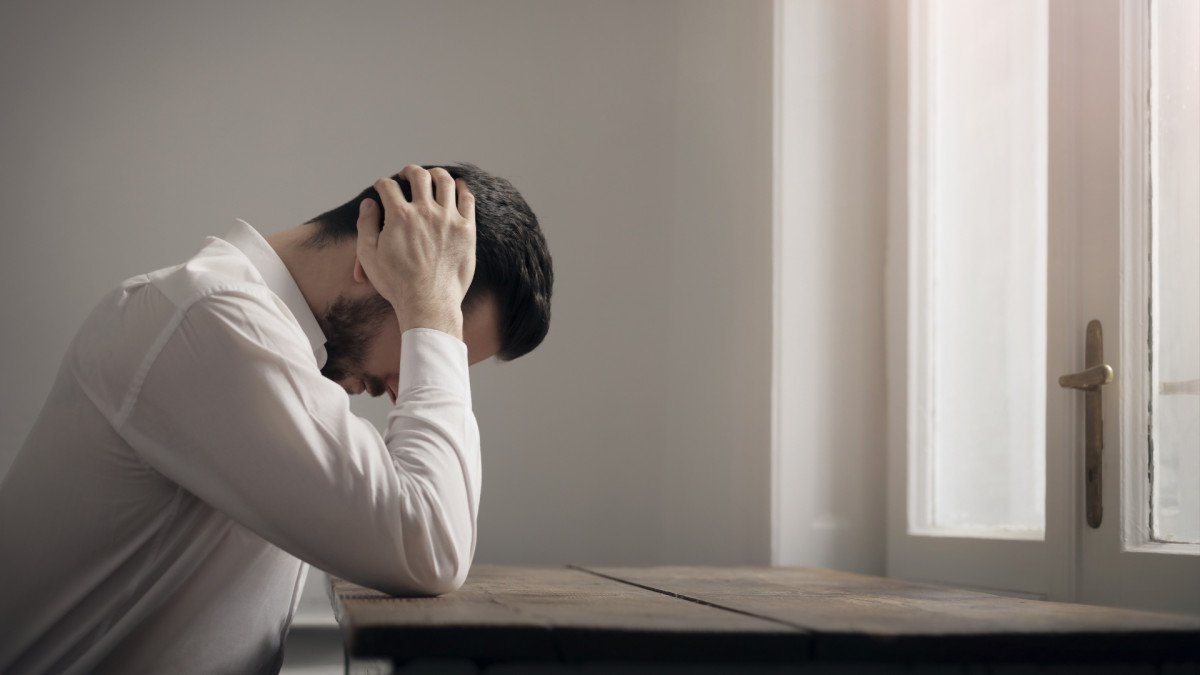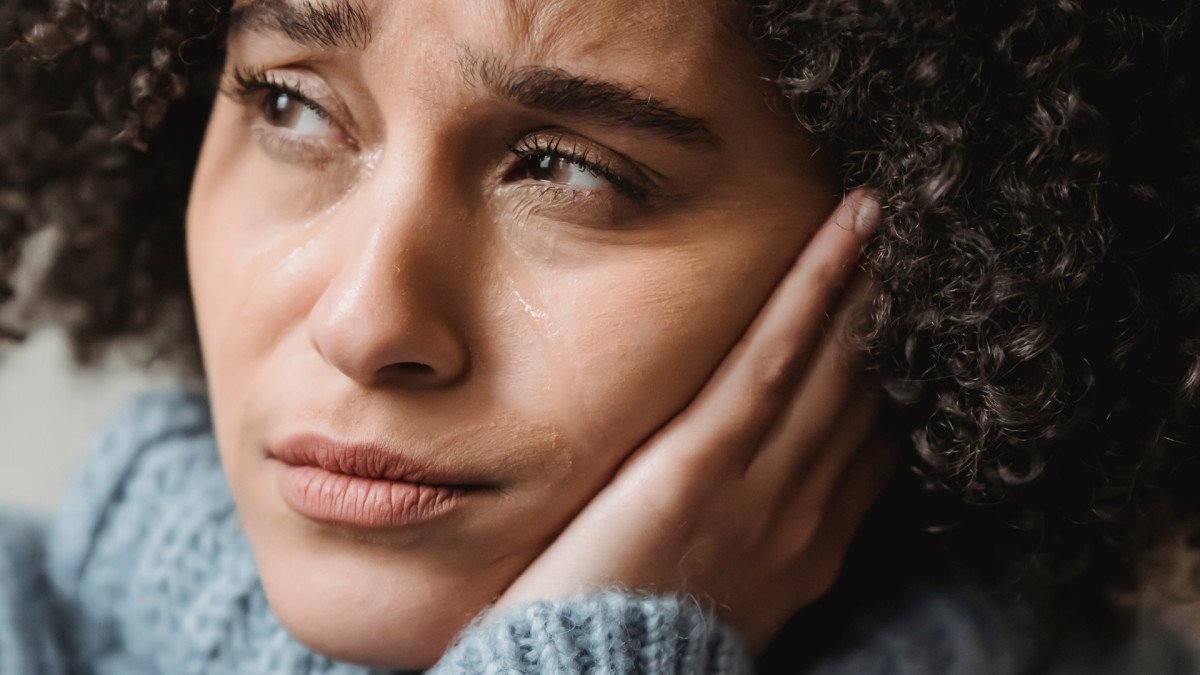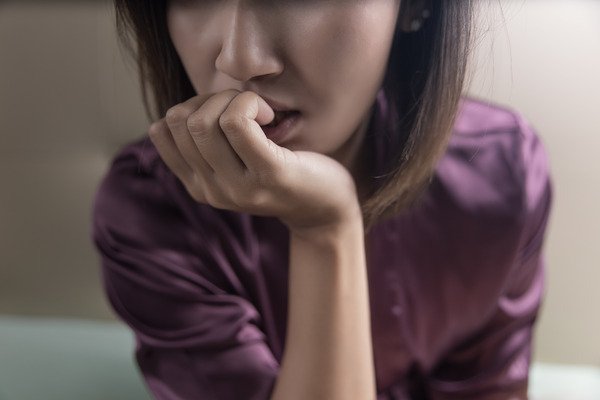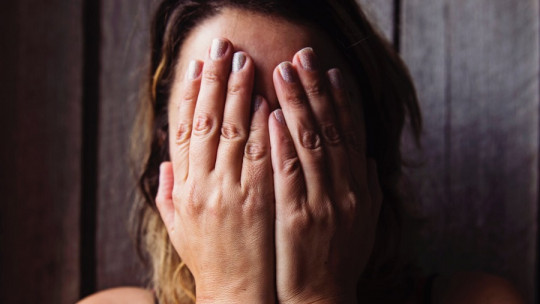
“Guilt is usually considered a “negative” emotion, torturing, that does not allow one to live. That is the dysfunctional form of guilt, and it is possible to learn to transform it into a valuable ally that repairs without torturing.”. Norverto Levy. The wisdom of emotions.
Guilt can arise in two different ways: as a result of having committed an action that is perceived as wrong or harmful, or as an internal emotion independent of objective facts. In the first case, guilt is linked to responsibility for the actions carried out. In the second, it can arise even when there is no concrete action that justifies that feeling.
The nature of guilt
The statement that “guilt is useless” may seem blunt, but it is important to analyze it in depth to understand when guilt can be useful and when it can be harmful. Guilt is predominantly a subjective phenomenon, as it is based on individual perceptions, emotions and values.
However, the objective dimension of guilt cannot be ignored, especially in legal and social contexts where actions and their consequences are evaluated impartially. Integrating both perspectives is essential to understanding the complexity of guilt and how it affects people in different situations.
In the words of Norberto Levy, a prominent Argentine psychologist and author, known for his work in the field of psychotherapy and personal development, “guilt is an emotion that arises when a person feels that they have transgressed their own values or the values of society.” society in which he lives. This transgression can be real or perceived, but in both cases, the resulting emotion is intense and can have a significant impact on the person’s emotional well-being. In this article we are going to deal with guilt as a subjective phenomenon, which, seen from different perspectives, brings us closer to its complexity.

Guilt is based on the perception of having committed a mistake or mistake. This perception is highly individual and can vary significantly between different people. The experience of guilt is deeply influenced by each individual’s values, beliefs, and cultural norms. For example, something that provokes guilt in one culture may not have the same effect in another. Religious and moral norms also play a crucial role in how guilt is experienced.
Guilt is an emotion and, as such, is closely linked to the person’s subjective feelings. These feelings can be intensely personal and do not always correspond to objective reality. The emotions associated with guilt, such as remorse and shame, are inherently subjective.
Guilt can be influenced by the mental health and psychological state of the individual. People with anxiety or depression may experience higher levels of guilt, regardless of the objectivity of their actions.
Levy argues that guilt has an important evolutionary function. When we experience guilt, our emotional system is telling us that we have done something that is not aligned with our values or our internal standards.
So, instead of trying to avoid or suppress guilt, we should learn to listen to it and understand its message as it offers us an opportunity to correct our mistakes, make reparations and, ultimately, transform a painful emotion into a source of learning. .
pathological guilt
Levy emphasizes the importance of differentiating between healthy guilt and pathological guilt. lHealthy guilt is proportionate and leads to constructive action, while pathological guilt is disproportionate and can lead to feelings of shame, self-hatred, and depression. In these cases, guilt stops being a useful guide and becomes a paralyzing weight.
Feeling constant guilt can lead to a negative self-image and low self-esteem. Guilt can keep us from moving forward, trapping us in a cycle of self-reproach, comfortable and paralyzing victimhood, and hopelessness.
Chronic guilt can contribute to stress, anxiety and depression. It can generate internal conflicts that make decision-making and peace of mind difficult. Feeling guilt as a habit can negatively affect our relationships, leading to distrust and distancing.

Overcome pathological guilt
To overcome pathological guilt, Levy proposes an approach based on compassion and self-acceptance. He suggests that we must learn to forgive ourselves for our mistakes and understand that we are all human and therefore fallible. Self-acceptance does not mean excusing our mistakes, but rather acknowledging them, learning from them, and moving forward with a renewed commitment to improve.
Levy also highlights the importance of communication and emotional support. Talking about our feelings of guilt with people we trust can help us process and understand our emotions better. Support from friends, family, or therapists can be crucial in transforming pathological guilt into a positive force for change.
This view of guilt by Norberto Levy, as presented in “The Wisdom of Emotions”, offers a balanced and hopeful perspective. By understanding guilt as an emotion that is a source of wisdom and personal transformation, as long as we are willing to face it with compassion and courage. But how to handle guilt effectively
Stop blaming others: a very healthy decision
For Seneca, the Roman Stoic philosopher, guilt arises from the internal judgment that we have failed to be virtuous or to live in accordance with reason and nature. Seneca also emphasizes the importance of not blaming others to achieve inner peace. This can be achieved through:
1. Take responsibility for yourself
Acknowledge our own contributions to any problem instead of looking for scapegoats. Understand that we cannot control the actions of others, but we can control how we respond to them.
2. Practice empathy and forgiveness
Try to see things from other people’s perspective and understand their motivations. Letting go of resentment and complaints, which frees our mind and allows us to focus on our own improvement.
3. Focus on personal progress
Focus our energies on our own development and living in accordance with our principles. Cultivate inner serenity through constant practice of Stoic philosophy and meditation.
Conclusions
By following these principles, Seneca believes we can free ourselves from guilt and achieve greater inner peace. By practicing self-reflection, developing virtue, accepting our imperfections, and managing our emotions rationally, we can live a more balanced and fulfilling life. Furthermore, by stopping blaming others and taking responsibility for our actions, we cultivate an attitude of forgiveness and empathy that strengthens our mental and emotional peace of mind.
These reflections on guilt lead me to remember the “Serenity Prayer” commonly attributed to theologian Reinhold Niebuhr, although it has been used and adapted in various ways over time. “God, grant me the serenity to accept the things I cannot change, the courage to change those I can, and the wisdom to know the difference.”









